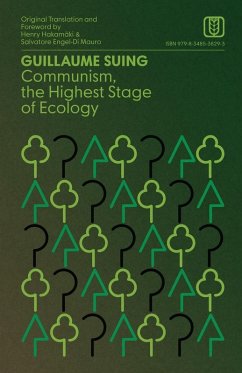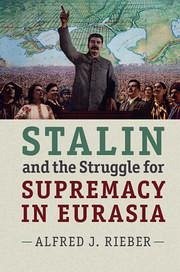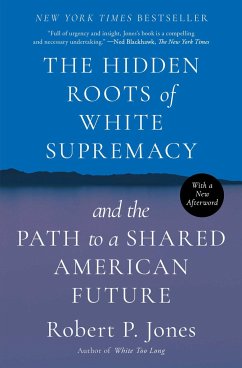
The Highest Stage of White Supremacy
Versandkostenfrei!
Versandfertig in 1-2 Wochen
32,99 €
inkl. MwSt.

PAYBACK Punkte
16 °P sammeln!
An original and exciting work of comparative history, this book analyzes the origins of segregation as a specific stage in the evolution of white supremacy in South Africa and the American South. Unlike scholars who have attributed twentieth-century patterns of race relations to the continuation of earlier social norms and attitudes, Cell understands segregation as a distinct system and ideology of race and class division, closely associated with urbanization, industrialization, and modern processes of state and party formation. Originally advocated by moderates and liberals, rather than by ra...
An original and exciting work of comparative history, this book analyzes the origins of segregation as a specific stage in the evolution of white supremacy in South Africa and the American South. Unlike scholars who have attributed twentieth-century patterns of race relations to the continuation of earlier social norms and attitudes, Cell understands segregation as a distinct system and ideology of race and class division, closely associated with urbanization, industrialization, and modern processes of state and party formation. Originally advocated by moderates and liberals, rather than by racist fanatic with whom it later came to be identified, segregation became comparatively sophisticated, flexible, and absorptive. In its ambiguities even advocates of black power could sometimes find a basis for collaboration.
Table of contents:
Preface; 1. The problem of segregation; 2. Contemporary perspectives; 3. Recent interpretations of the origins of segregation in South Africa; 4. The origins of segregation in the American South: the Woodward thesis and its critics; 5. The south makes segregation: the economic interpretation; 6. The south makes segregation: the social interpretation; 7. A note on southern moderates and segregation; 8. South Africa makes segregation; 9. Conclusion: reactions to segregation; Notes; Index.
Table of contents:
Preface; 1. The problem of segregation; 2. Contemporary perspectives; 3. Recent interpretations of the origins of segregation in South Africa; 4. The origins of segregation in the American South: the Woodward thesis and its critics; 5. The south makes segregation: the economic interpretation; 6. The south makes segregation: the social interpretation; 7. A note on southern moderates and segregation; 8. South Africa makes segregation; 9. Conclusion: reactions to segregation; Notes; Index.






![Facts and Figures, the Highest Testimony [microform]: What Lords Dufferin, Lorne and Lansdowne, Say About the Canadian Northwest: Convincing Compariso Cover Facts and Figures, the Highest Testimony [microform]: What Lords Dufferin, Lorne and Lansdowne, Say About the Canadian Northwest: Convincing Compariso](https://bilder.buecher.de/produkte/66/66193/66193851n.jpg)


![Across the Continent [microform]: a Stage Ride Over the Plains to the Rocky Mountains, the Mormons and the Pacific States, in the Summer of 1865, With Cover Across the Continent [microform]: a Stage Ride Over the Plains to the Rocky Mountains, the Mormons and the Pacific States, in the Summer of 1865, With](https://bilder.buecher.de/produkte/66/66197/66197827n.jpg)




